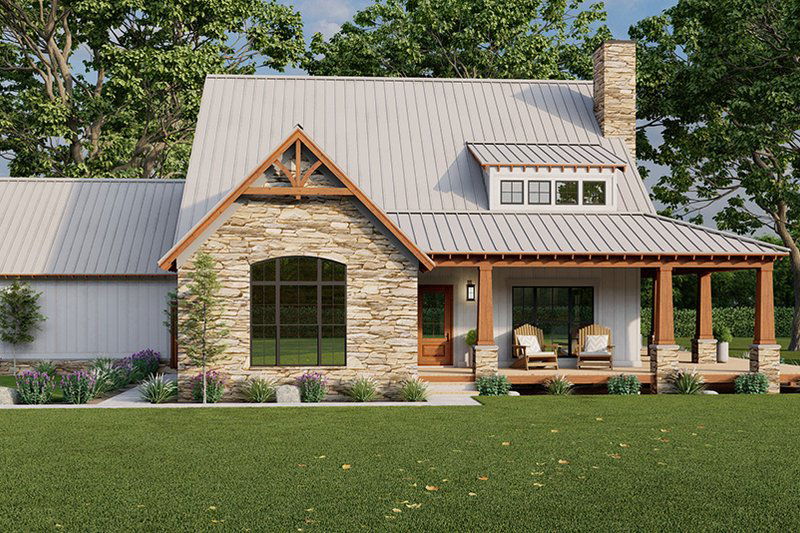
Whenever you’ve been away for a long time, then your neighbours won’t be the only ones asking if anybody’s home! Home insurance providers take a close look at this and could adjust your insurance costs accordingly. But there are some misconceptions out there about the 30-day home insurance rule, and we want to clear them up.
What is “30-day home insurance” (or the “30-day rule”)?
In Ontario and throughout Canada, the 30-day home insurance rule refers to when a home is empty and left unattended for a period longer than 30 days. When this happens, your home may be considered vacant, and your existing home insurance might be voided. This rule applies whether or not you’re paying monthly insurance bills and applies if the insurance company isn’t notified within that 30-day period. Extended absences are more common than we think, so it’s important that you keep your insurance company in the loop. It could be due to a renovation taking place on your home, for example. There are plenty of valid reasons to move out of our homes for a semi-extended period. If you know you’re going to be away from your home for a longer-term period, you need to call your insurance provider and explore all options. One such option would be getting someone to monitor the home on a daily basis. If it’s a new home, then it might be considered a vacant house until you move in (which can take a month or more, sometimes).The reason you need to let your insurer know is that homes can be heavily damaged by things we would consider small risks when people are in the house.
- Faulty wiring could cause a home fire if unattended for several days or weeks.
- A single burst pipe could flood a basement over several days or weeks without supervision, causing mold and ruining your belongings.
- Someone could sustain an injury (or even drown) in a swimming pool left unattended.
- Someone could slip and fall on your walkway if it the snow and ice haven’t been cleared for a long time, which would be a legal liability.
You’ll need to let your provider know, so you get all-around coverage until you and your belongings enter the home.If you have an unrented rental and are unable to find a new tenant within 30 days, you’ll need to apply for a vacancy permit from your home insurance company. However, that permit must be purchased within those first 30 days, and it may not cover damages such as vandalism, broken windows, or damage caused by flooding. It is also considered as an add-on to existing policies in most cases. If you own a cottage that you like to visit during the summer but shutter during winter, then that isn’t considered vacant. That is because they are recreational homes. You may get substantial coverage on said cottage depending on how long it goes unused as well.
Vacant doesn’t mean unoccupied
The biggest misconception about the 30-day home insurance rule is that “vacant” tends to be used interchangeably with “unoccupied.” In a regular dictionary, vacant and unoccupied have a similar definition. However, they are not the same in the world of insurance, and they have different definitions as insurance terms. Also known as an uninhabited home, an unoccupied house is a home that you as the owner intend to return to. An unoccupied home is suitable for immediate occupancy; the utilities and appliances inside are functioning, and it is considered unoccupied if you’re on vacation. You would still need contents insurance coverage for an uninhabited home because it still contains your belongings. With solid preparations, your insurance policy will remain intact, though any existing home insurance coverage will be amended. A vacant home is one that you as the owner have no intention to return to, and most or all furniture inside the house has been removed. With a vacant home, utilities are shut off, possibly due to the property being on the market or rented. Cottage insurance often works with seasonal vacancy in mind, since we don’t live in our cottages for most of the year. Look into what your 30-day home insurance clause entails and make sure you’re covered for the issues you can anticipate. Note that a vacant home insurance plan might require an endorsement or a separate policy. While an unoccupied home can be covered by adding a $100 permit, vacant home insurance costs up to three times more than standard home insurance for occupied homes.
How do you protect a vacant home?
If your home is classified as vacant, there are legitimate measures you can take to at least make it seem like it’s occupied. Follow these tips to give it some added protection:
- Installing locks on all windows and doors.
- Putting lights on timers.
- Covering all windows with curtains.
- Put up signs discouraging trespassers.
- Trim your lawn.
- Keep the backyard clean.
- Check on appliances regularly.
As mentioned previously, it helps to have a friend or family member monitoring your property to make sure everything functions and looks normal. If you have a desire to use the vacant home and avoid seeking vacant or 30-day home insurance, you have to invest some time into the property to keep it safe.